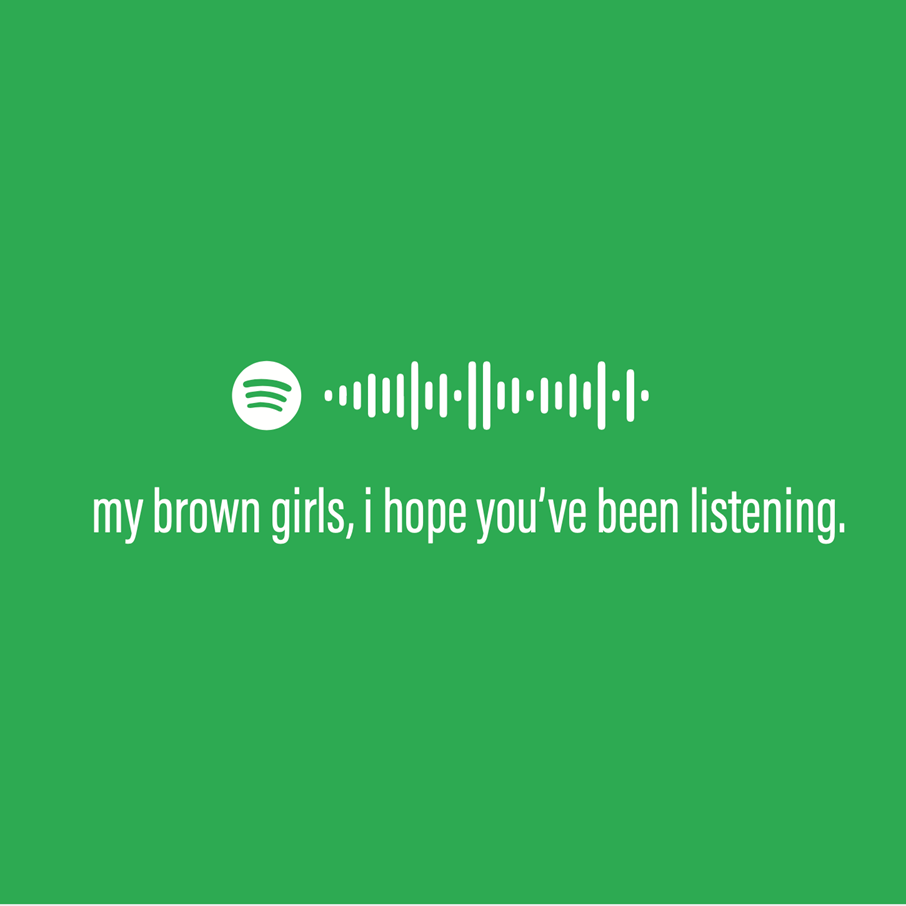Copy-All
Overview
The underlying experience of AI can be hard to access as so much of it is invisible. We asked a range of artists in Germany and Canada to make their community’s points of view and lived experiences visible so as to begin the process of mapping out local and lived responses to the automation of culture.
A zine is a self-published work of text and/or images often with a small circulation. Zines have historically been used to celebrate shared interests poorly covered through mainstream media or to describe lived experiences not reflected in popular culture. Zines often serve as responses to hegemonic discourses and celebrate difference and distributed authorship. As part of the Algorithmic Culture series, UKAI Projects and the Goethe-Institut Toronto commissioned five zines – three from Canada and two from Germany – to serve as a multi-nodal ‘program’ to accompany conversations throughout 2021-2022 around how automated systems are transforming how we live and how we as human beings are being shaped by the needs of these systems.
The commissioned works range from children telling stories about their digital lives, to a multi-generational family living in a smart home, to immigrant youth repurposing digital tools as sites of resistance.
What happens when zines are placed at the centre of a process of open socio-cultural sense-making?
Rather than responses to worked-out narratives, might zines provide a starting point for exploring idiosyncratic experiences of the world around us?
Have a look at Home Smart Home by Bianca Weeko Martin, one of the submitted zines, through the download link below.
The underlying experience of AI can be hard to access as so much of it is invisible. We asked a diverse range of artists in Germany and Canada to make their and their community’s points of view and lived experiences visible so as to begin the process of mapping out local and lived responses to the automation of culture.
Rather than abstracted debates centered in Western ethics, we are after what Neta Bomani calls “a technology to help further educate and organize our friends, family, and community by locating our distribution of selves across intersecting systems of power.”
The zines serve as both a digital and analog constellation of sense-making to inform ongoing programming aimed at the ethics and underlying experience of artificial intelligence in our lives.
Following a multi-month residency and zine production, we began sharing physical copies of the zines through Little Free Libraries and invited other artists and audiences to share their own stories.
Our work was both material and dialogic. We hoped that these five very different points of view and their mode of distribution would inspire others to share their own stories of automation and the impact of machines on culture.
Every Tuesday, we dropped 3 sets of zines at a different Little Free Library around the city of Toronto and announced through social media the charter number where one could find these works of art. A map of Little Free Library locations can be found here.
Little Free Libraries are a wonderful movement of communities making books available for others. We inhabited this infrastructure and moved art around that could be touched, held, and passed on to someone else.

